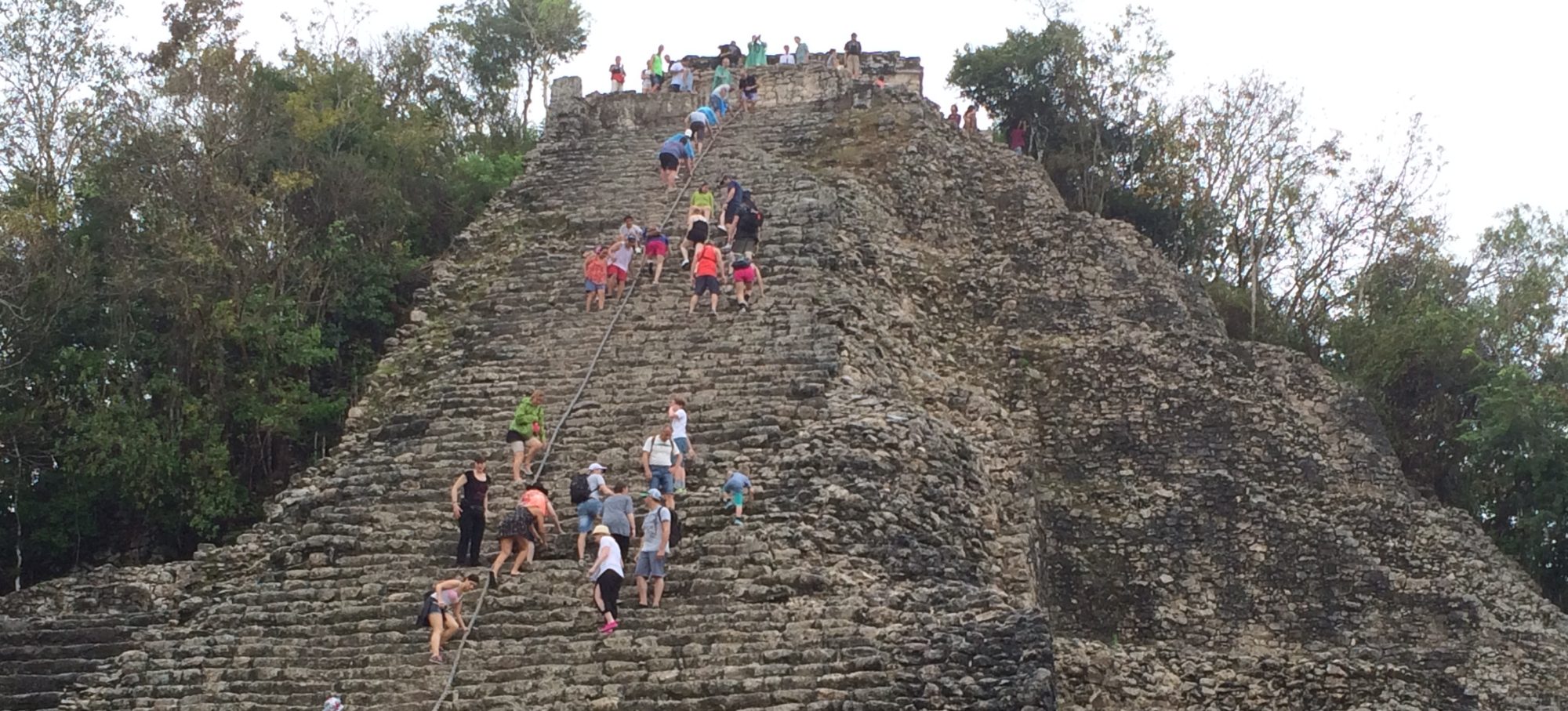October 14, 2017 at the Penn Museum – Eleanor King, PhD, Associate Professor in the Department of Sociology and Criminology, Howard University: “Maya Markets, Merchants, and the Muddle in Our Model”
Description of Eleanor King’s talk:
Until recently, most archaeologists doubted that the prehispanic Maya had markets prior to the Postclassic, C.E 900-1500; very late in their history, just before the Spanish arrived. That may seem odd, as markets occur in most cultures around the world. This scholarly position was shaped in part by a perception of the Maya lowland environment as a monotonous jungle that lacked variability. If resources were the same from one place to the next, then what would the Maya have needed to trade? It was also shaped by the longstanding notion that Maya sites were not true cities and could rely on the provisions provided by their immediate hinterland. These views changed slowly over time as discoveries about the size, density and complexity of Maya settlements and the diversity of rainforest environments accumulated, but scholars were still reluctant to contemplate markets in the Maya area, for two reasons. First, dominant economic theories in anthropology stated markets did not exist in pre-capitalist societies. Second, markets are often ephemeral events that leave few traces in the archaeological record. They are therefore very difficult to document, especially in hot and humid environments where organic materials decompose fast. New theoretical perspectives, coupled with recent breakthroughs in the identification of markets on the ground, have radically altered our views, however, and suggested that markets date back at least to the Late Classic, C.E. 600-900, and probably before. Using ethnographic, ethnohistorical, and archaeological evidence, we can now develop new models of how Maya markets worked, and begin repopulating the prehispanic Maya world with the actors who interacted within them – the merchants and their customers.
Eleanor M. King is Associate Professor in the Department of Sociology and Criminology at Howard University. She is the director of the Maax Na Archaeology Project in Belize, where she investigates the prehispanic Maya, and of the Warriors Project Archaeology program in the Southwest U.S., where she studies the historic interaction between the Apache and the African-American Buffalo Soldiers. She also works on educational programming in Archaeology and cultural heritage. Her Maya research has focused on social complexity and economic structure, and she published an edited book on Maya markets in 2015. Dr. King is a member of the National Geographic Society’s Committee on Research and Exploration and the co-founder and President-Elect of The Heritage Education Network (http://theheritageeducationnetwork.org/), a new non-profit organization dedicated to linking together heritage educators. She received her PhD in anthropology from the University of Pennsylvania in 2000.

